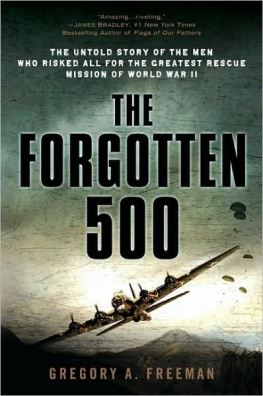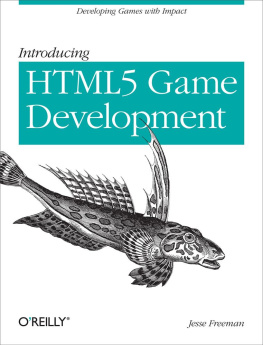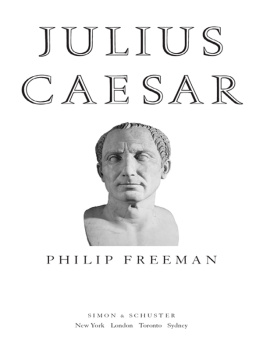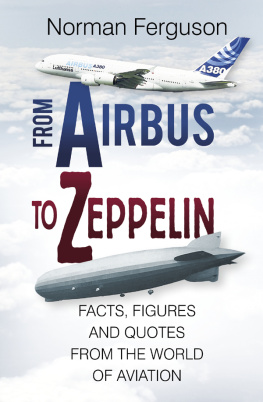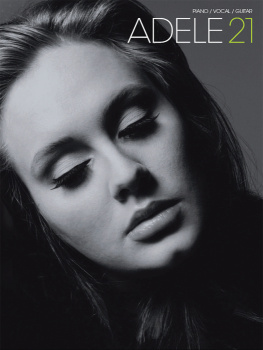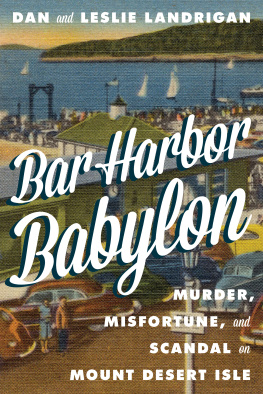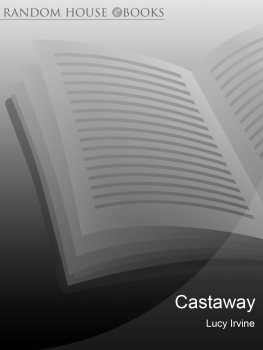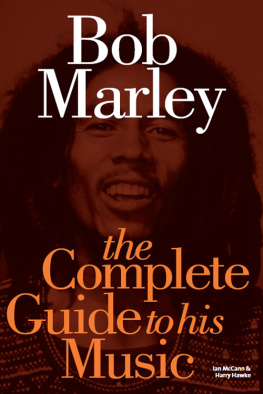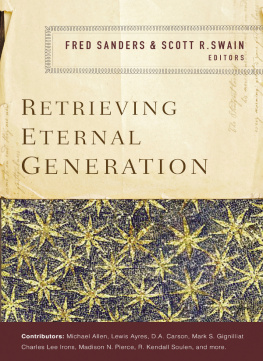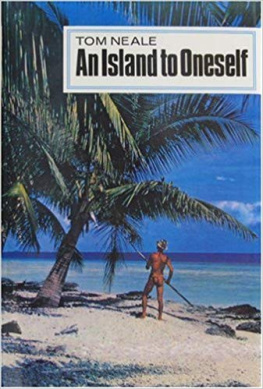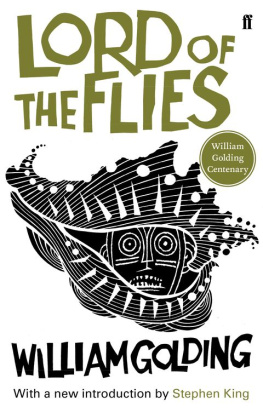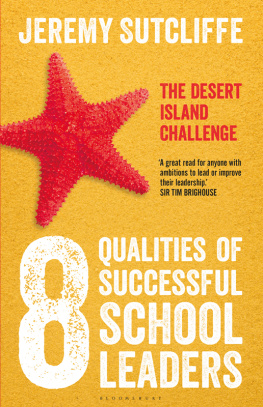Table of Contents
ALSO BY PHIL FREEMAN
Running the Voodoo Down:
The Electric Music of Miles Davis
For Izalia
FOREWORD
BY GREIL MARCUS
You may be stranded if you stick around
And thats really, something!
Roxy Music, Street Life, 1973
THIS BOOK IS LIKELY FAR MORE EXPENSIVE THAN THE $17 OR SO YOU MAY PAY FOR IT. IF YOU DONT KNOW THE RECORDS CELEBRATED HERE, YOULL WANT TO. IF you do know them, youll hear them in new ways, under different skies. For that matter, you may find yourself driven to the record store or its ether equivalent in search of albums you discarded long agoonly to find you still cant hear a fraction of what Daphne Carr hears in Ladies And Gentlemen We Are Floating In Space by Spiritualized or what Michaelangelo Matos hears in History of Our World Part 1: Breakbeat and Jungle Ultramix by DJ DB. And you may nevertheless be convinced that what they hear is there for you to hearif you hold your breath, care enough, live that long.
Again and again, the albums taken up by Douglas Wolk (Stereolabs Transient Random Noise Bursts With AnnouncementsAmoeba Records in Berkeley had a dozen Stereolab discs, but not this one; the manuscript of this book must have had other readers before me), Simon Reynolds (John Martyns Solid Airbought it again, again found a swamp), Ned Raggett (My Bloody Valentines Lovelesshis piece is a treasure map to a treasure that may have never been buried), and a dozen others are liberated from clich. Particular records are liberated from the clichs that have surrounded them since they first appeared, and pop music as such is liberated from the clichs of pop writing, evenor especiallywhen those clichs are wheeled onstage and faced head-on. Art stands alone and free of the breath that expels it, says Scott Seward of Divine Stylers Spiral Walls Containing Autumns Of Light. The idea may be trite. But theres a desperation in the words Seward choosesfrom the airy alone and free to expels it, which is brutal by comparisonthat opens doors into a world where nothing is trite. Seward is in fact talking about the tenth track on the album, The Next, or rather a single couplet from the songas if it explained everything, he explains. It doesnt. It couldnt. It never will. Art stands alone and free of the breath that expels it. All music and words belong to the universe once released from our mortal grasp. Many people who hear that line dont even speak English. To them it is simply a disembodied voices assertion of existence.
As I read Seward, he is saying that the challenge is to hear lines from an English-language pop composition as if they are not in Englishto hear them as the desperate attempt to communicate, to hear the desperate attempt to connect (I wanted to know everything that Rakim knew, he says), and, in that abstraction, to begin again, from the beginning.
Whatever pop music might be between the covers of this book, it isnt lingua franca. In the fifties, young people woke up to find that, somehow, theyd been born knowing the pop language that was taking shape all around them. How was it that, for a white, teenage girl on a farm in Iowa no less than for an eight-year-old African-American boy in Tulsa, Little Richard needed no translator? That was the pop world; it isnt any longer. Over the last twenty years some of the most interesting and many of the most radical pop artists have worked as if to erect barriers between themselves and any version of a so-conceived mass audience, if only to ensure that whoever made it to the other side really wanted to be there. Again and again, writers here find themselves speaking not of how a record or a musician or a singer changed their lives, or the world, or the-face-of-popbut rather invented a language, or tried to. The metaphor of the desert islandwhere there may be no one to talk to, where, after a time, even your own words, as you talk to yourself or your imaginary friends and enemies, begin to sound foreign, empty, backwardsmoves through the pages like a bug, buzzing here, disappearing there, but getting bigger and bigger as the story collages itself together, the bug changing colors, until, with Ian Christe on Iron Maidens Killers, the themes of reinventing language and the desert island turn into a single all-consuming image, with Christe, stranded on an ice floe, certain The Western world could rebuild itself pretty well on the blueprint of Iron Maidens second album. Sure, you could say theres too great an emphasis on killing, but whats so unusual about that?
I like the way, again and again, people find themselves fetishizing their recordsdescribing labels, lettering, coloring, pictures hidden in sleeve art. I like the way, again and again, the writers here blindside the reader, if not themselves. The flyer implied a subculture, Matos writes of a rave throwaway, not the only one, but one that drew me in, suburban in nature but without the studied casualness that typified indie rock, an indifference I couldnt have faked at that point if youd force-fed me ludes and strapped me to a chair at a Warhol retrospective. This is all textbook stuff, Seward says. I have no idea which textbook, but one of them. The cover of Force It, the most successful album by UFO, Dave Queen notes, depicts couplerumored to be Genesis P. Orridge and Cosey Fanni Tutti of Throbbing Gristle of Zyklon B Zombie fameforcing it while surrounded by faucets. This was around the time Farrah Fawcett...
Not present in the present, overboard with limited future
And Im standing alone still getting a thrill
Wire, Marooned, 1978
There may be a more delicate sense of how people listen to music, and of how music crosses bordersborders of its own composition, or those the world sets between forms, styles, eras, and peoplehere than in any other book on pop music. This year, Dionne Warwick is hosting the American Music Awards, John Darnielle writes in his piece on Warwicks Legends; hes back in 1977. Thats all I remember; I dont know whether this was the first time I heard her sing or not. I just remember seeing her, feeling both confused by and attracted to her languor, her sense of self-assurance, her easy manner. Something in her approach suggested to me that there was a separate reality somewhere, one in which emotions were much subtler and less raw than they were in my reality. As Lou Reed said when he inducted Dion into the Rock & Roll Hall of Fame, speaking of the lingua franca of I Wonder Why, it was the sound of another life, or as Darnielle puts it, The connection between moments; all we can really ask of pop music.
But its not all we do ask. I wanted to know everything Rakim knew: we ask pop music for everything. We ask it to inform our lives, shake them up, call them into question, save them, end them, and for that matter raise the dead. On The History of Our World Part 1, a sample from Touchs 1971 Once You Understand has cops telling one Mr. Kirk that his son is dead from an overdose. But then an Isley Brothers sample turned into chipmunk talk... exposes the opening samples pathos as a sick jokeon Mr. Kirk, on his foolish son, on the hopelessly square Once You Understand, on the drug faddism and generation gaps that play out in more or less the same manner every few years, and on you the raver, who by hearing and ostensibly dancing to this new song, is implicated as a potential overdose. In other words, you have no idea what youre getting into when you listen. It may be, as Matos says, merely weirdly inviting: If these guys can laugh at something that harrowing, maybe we can have some of what they are taking, or at least watch from a relatively safe distance while they skirt the edge. But it may be much more than that.

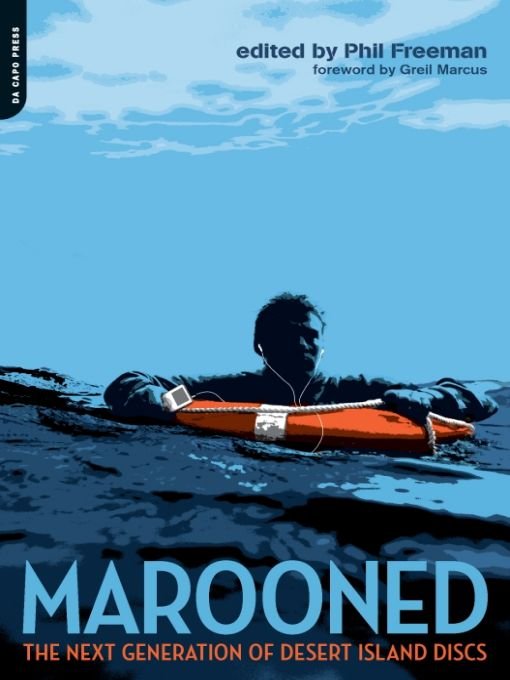
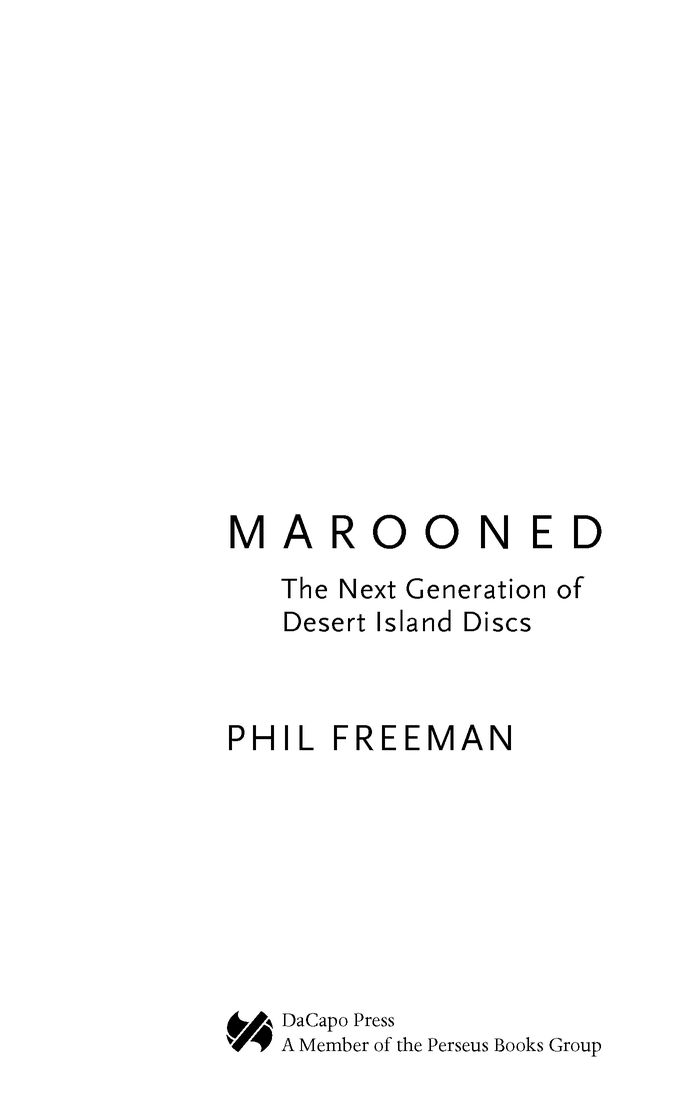

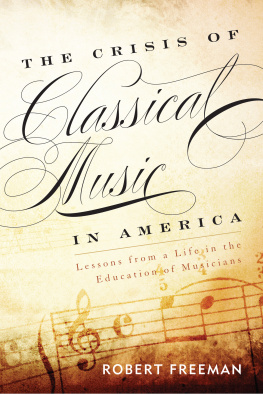
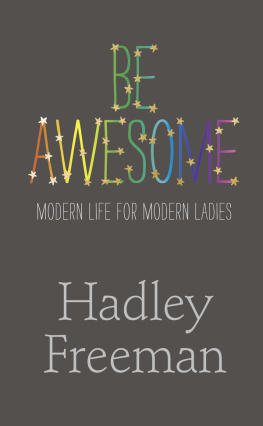
![Freeman - Pro design patterns in Swift: [learn how to apply classic design patterns to iOS app development using Swift]](/uploads/posts/book/201359/thumbs/freeman-pro-design-patterns-in-swift-learn-how.jpg)
